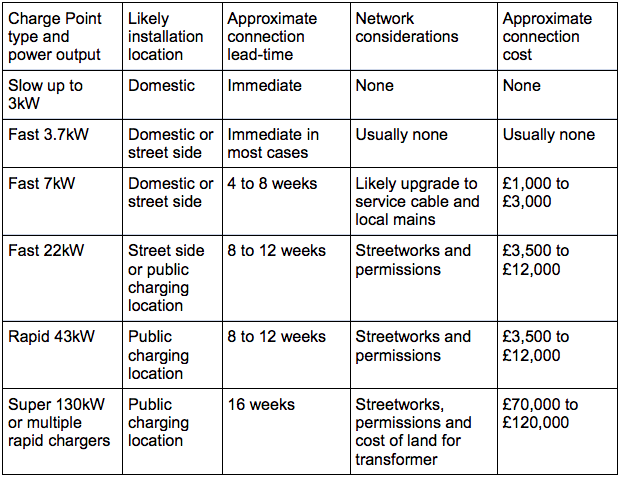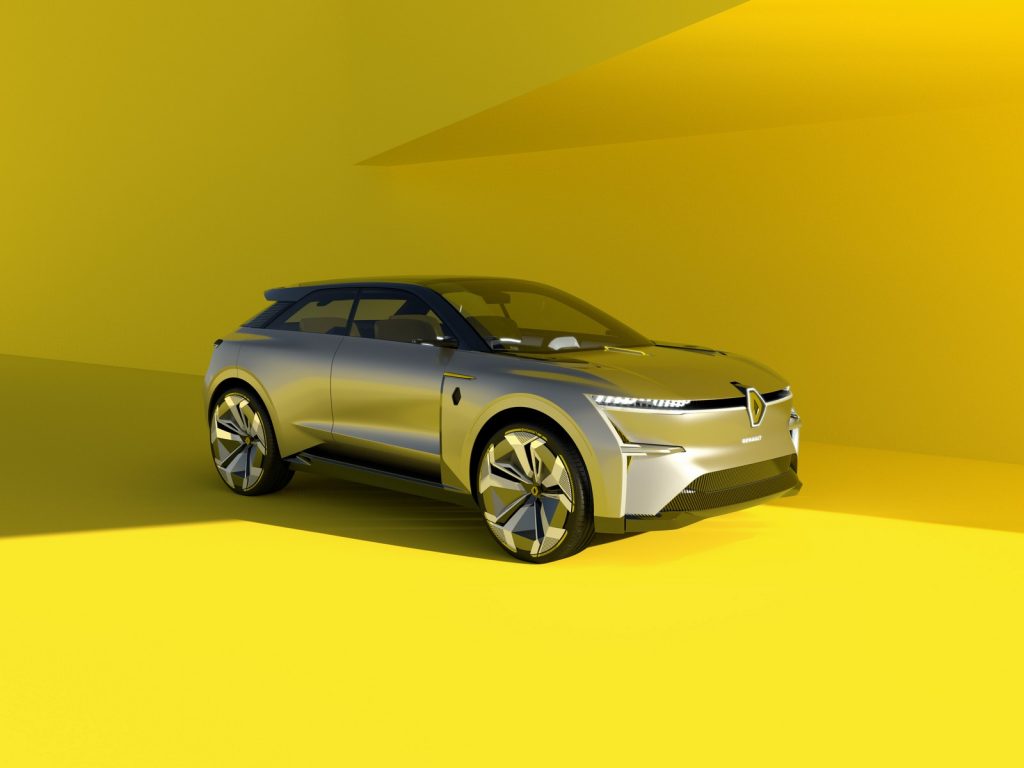Read The Full Article On: Theenergyst
Western Power Distribution is preparing for a 16-fold increase in electric vehicle chargers on its network by 2023.
The distribution network operator (DNO) says flexibility and managed charging will be key to ensure its power infrastructure can handle widespread adoption of electric vehicles.
“With EV adoption increasing at the current rate, it is expected some 217,000 chargers will be connected to the network by 2023,” states WPD’s updated EV strategy.
At the end of March 2020 there were around 13,760 EV chargers installed on the network, per the report, suggesting a 1,500 per cent increase over the next three years. WPD cites changes to company car tax rates (Benefit in Kind), plus a significant ramp up from carmakers as driving factors.
Charge every five days
The document reiterates that WPD’s transformers will only be able to accommodate one 35kWh for cars and vans every five days for each of the customers connected to it.
WPD says that should be sufficient for most users, if charging is managed appropriately – and the document outlines a number of approaches.
These include timed connections, smart charging and potentially vehicle to grid initiatives. WPD said it has adapted its Flexible Power platform, which it is using to procure flexibility to manage network constraints, to enable domestic EV aggregation.
However, commercial flexibility through larger clusters of EV chargers may provide more immediately scalable solutions. The flexibility that will be available at Park & Ride sites or long stay car park locations is something the whole industry must consider, said WPD.
It also expressed support for broader incentives for customers that can provide ‘whole system flexibility’.
“As vehicle to grid solutions and smart charging develop, WPD will have the opportunity to make use of these flexible solutions on the network. In fact, a customer who makes use of local generation, storage and EV charging could actually reduce their impact on the network and help avoid conventional reinforcement,” states the report.
However, where it has to upgrade the network to manage clusters of EVs that overload the network, WPD said it developed technology to “throttle back the load” in response to local overloads.
That tool is now available to all of its teams, said WPD, but stated it will only be used while the networks are being upgraded – not on an ongoing basis.
Fleets, commercial flex and timed connections
WPD’s document outlines the cost and timescales to connect different types of charger
The report also outlines WPDs plans to enable businesses to install numbers of EV chargers without having to pay for conventional reinforcement.
As well as the potential for depots and long stay car parks to participate in flexibility programmes within constraint zones, WPD also plans to offer timed connections.
For example, a depot that only charges vehicles at night might be able to avoid paying for reinforcement by using capacity that is already present for daytime industrial use.
WPD said that approach then can lead to a fuller active network management solution, where customers react dynamically to network signals to restrict charging at peak times.
To signpost where it may need flexibility, the DNO has developed a heat map of capacity at each of its local transformers.
However, WPD said traditional reinforcement will also be required: “If flexibility is left unchecked then a bow-wave is produced which takes extensive expenditure to overcome,” states the report.

